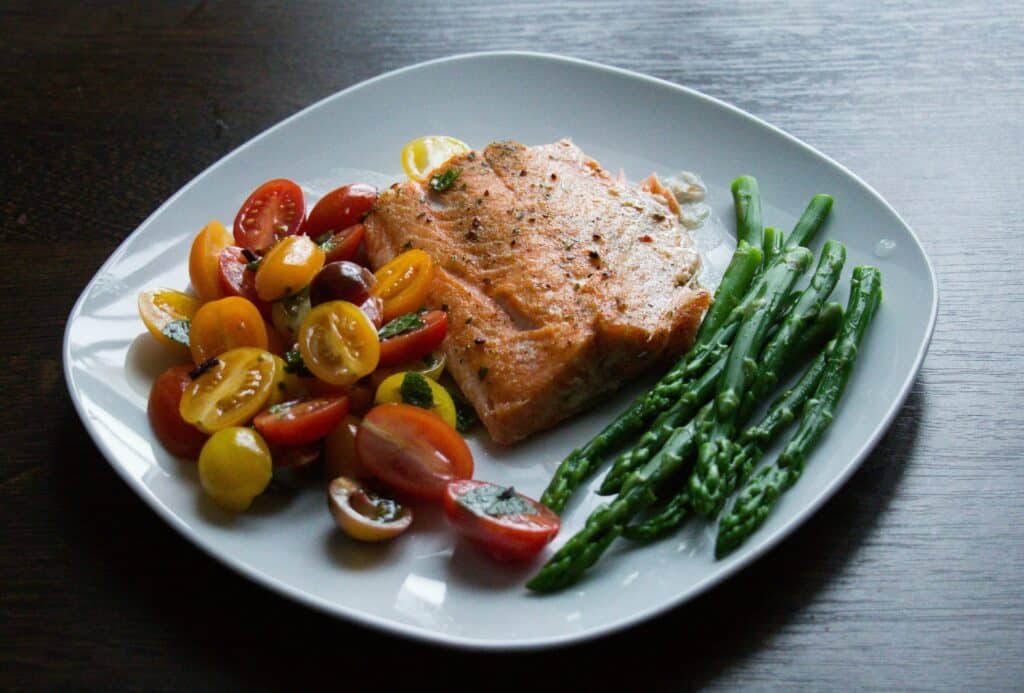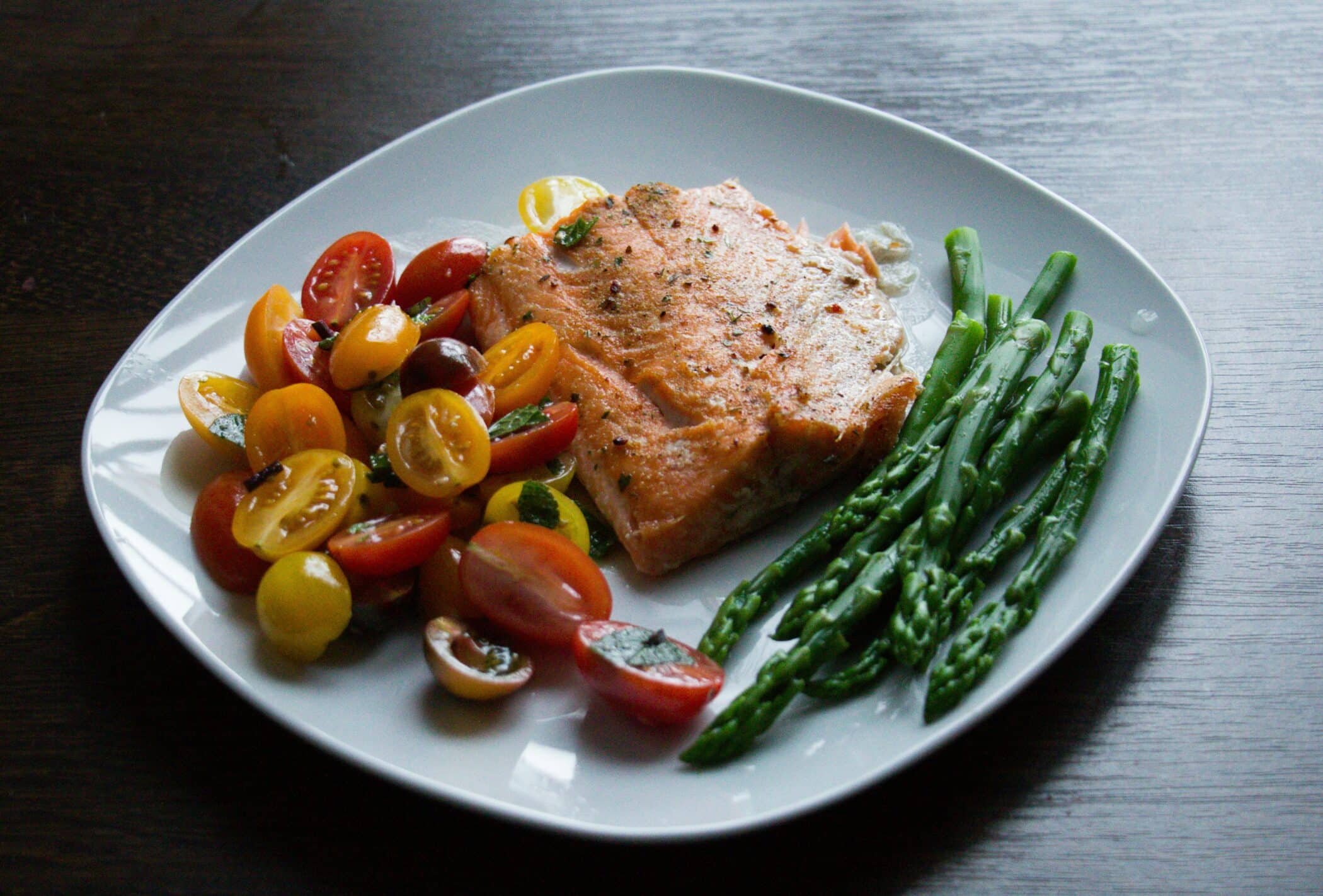
A meal plan that has a balance is essential for athletes. It is suitable for performance and general health, too. That is why athletes need to know what types of foods to eat that will provide what they desire.
Most parts of an athletic diet are not much different from diets that other people want to be healthy eaters. However, athletes often need more macronutrients, calories, and in general more meals to keep energy and strength. After all, they usually compete at a high level.
The first part that athletes need to optimize is training and performance through nutrition. They have to be sure that they consume enough calories so they won`t lose weight, muscle mass, or performance abilities. As a result, everything they eat must be in proper amounts of all macronutrients – proteins, fats, and carbohydrates.
In this text, you can read important things to consider before making or choosing the athletic meal plan you want. If you are unsure always seek professional help so they can help you decide.
Table of Contents
Balance is key
As previously mentioned, athletes must find a balanced athletic meal plan so they can reach their goals and stay on the right track. Those meals will help them:
- Have enough protein to help muscles to repair and recover
- Vitamins and minerals will provide health and they will feel well
- Carbohydrates will give them the energy to recover and repair from training
- Fats will provide joint lubrication, vitamin absorption, long-term energy, and hormone production
As an athlete, you are probably wondering what to eat and not getting bored with the lack of variety in your diet. Therefore, if you are not sure what to eat, make your meals including food from these four groups:
- Small amounts of fats
- Lean protein
- Micronutrients or vegetables
- High-fiber carbohydrates
Make sure that the portion sizes and ratios of these groups need to be different. They depend on goals, body size, age, and activity level.
Nutrition has an essential role in exercise
Eating the right food is vital for the ability to recover after training. Exercise can create damage at the cellular level because of the contractions required by your muscles to produce movement during training. It can act as a stressor for your body, which can make it weaker over time.
Without proper nutrition, your body can not receive the building blocks that need to recover. The eating plan needs to provide enough nutrients to repair and recover. If it doesn`t do that, poor nutrition can lead to poor recovery and eventually to poor performance.
The benefits of athletic meal plans are numerous and here are some of the great things you will get when you balance your diet:
- Improving performance
- Reducing the risk of injuries
- Improving motivation and focus
- Decreasing stress
- Needing less recovery time from injury or exercise stress
- Increasing muscle mass
- Decreasing fat mass
- Higher strength levels
- Improvement in the immune system functions
Food is the source of nutrients that our body needs. It is used for energy, but also for cell functioning, repairing muscles, and health. We need to eat a large number of nutrients. This is called nutrient density and it is important for nutritional habits.
Diet that contains food high in nutrient density has many benefits for athletes’ health. For instance, muscles can develop and grow faster, your body will get more essential nutrients, and it will recover faster.
What to consider before choosing an athletic meal plan
Before you choose a meal plan of your preference, there are some things that you need to consider. You should work with the food that you like. However, it doesn`t have to be a perfect eating schedule, it just has to be perfect for you. If there is a food that you don`t like, try to find a healthy alternative.
Try to work with a professional or your trainer so you can be sure that you can find a plan that works for you. It can be very helpful because that way you can build trust by working with someone who has experience in that field. Also, not every sport is the same so, this way it will be individualized and more suitable.
In the beginning, the good idea would be not to change the entire eating habits. Try to do that step by step so you can slowly get used to changes. Additionally, it will help you understand what some foods can do for you and your performance.
Moreover, when you decide to choose a meal plan, make sure it goes well with your lifestyle and your responsibilities throughout the day. Plan your meal time depending on your sleep, work, and training schedule. Try to tailor your meal plan according to the thing you do during the day.
Meal ideas for athletes
Here are some ideas for breakfast, lunch, and dinner to help you figure out what you should eat.
Breakfast
- High fiber or wholegrain cereal, protein or cow milk, or calcium or protein enriched alternatives.
- Ricotta or greek yogurt and fruit toast
- Eggs (scrambled/boiled/poached), spinach, sourdough/wholegrain toast, and avocado
- Milk or greek yogurt, porridge, crushed seeds or nuts, banana, and natural peanut butter
- Greek yogurt, muesli, and berries
- Sourdough or wholegrain toast, cheese (cottage, ricotta, sliced), and tomato
- Avocado, french toast, and vegetable sides
- Fresh fruit smoothie, protein powder or greek yogurt, spinach or kale(or any other vegetable), and nuts or seeds
- Sourdough or wholegrain toast, tomato, ham, avocado, and mushrooms
- Green vegetable bowl with sweet potato, poached eggs, kale, and almonds
- Sourdough or wholegrain toast, sliced cheese, and baked beans
- Spinach, mushroom, and tomato omelet, and toast
- Sourdough or wholegrain toast, peanut butter, and protein shake or greek yogurt
Lunch
- Roast vegetables, garden salad, mixed legumes, and chopped almonds
- Sandwiches on sourdough or whole grain bread, salad, avocado, and lean meat
- Salad, grilled chicken, tuna or tofu, sweet potato, a little bit of extra virgin olive oil
- Wrap, cheese or lean meat, salad, or cooked veggies
- Sushi with grilled salmon or chicken, and seaweed salad
- Pasta salad with vegetables, tuna, or chicken, without creamy dressings
- Couscous, brown rice, or quinoa salad, roast or fresh vegetables, and lean meat
- Baked beans or legumes, baked potato, salad, and avocado
- Ham and cheese toastie on sourdough or wholegrain bread and vegetable soup
- Wholegrain toast, avocado, hommus, feta, and cherry tomato
Dinner
- Tomato and roasted vegetable pasta and chicken
- Grilled lean meat, baked potatoes, and vegetables salad
- Stir-fried veggies, beef, pork or chicken, and baked potatoes
- Slow-cooked casseroles with vegetables and potatoes
- Egg frittata with sweet potato, feta, and zucchini
- Tuna in extra virgin olive oil, green beans, or other veggies
- Potato pie with pork or beef and vegetables
- Spaghetti bolognese with salad or lots of vegetables, zucchini, or carrot
- Curries made with lean meat, vegetables, basmati rice, and light coconut milk
- Lasagna made with ricotta or cheese, vegetable salad
- Homemade pizza with a wrap for the base, eggplant, zucchini, tomato, mushrooms, spinach, lean meat, and a little bit of cheese
- Baked potatoes and grilled fish, steamed asparagus, and broccoli
- Burrito bowls with cheese, tomato, rice or corn, onion, and guacamole
- Homemade burger whit wholemeal bread roll, salad vegetables, avocado, or hommus
Summary
The best way of finding your athletic meal plan is to avoid any overly restrictive diets. In another word, they might be more difficult to follow or unsustainable for a long time, so give yourself time to adjust to changes.
Always consider your goals, dietary restrictions, or preferences when selecting a meal plan. Also, as we already mentioned, make sure to ask for help from a professional if you need it.
Make sure to consume enough nutrients, especially if you have high-intensity training. Likewise, keep track of the number of meals that you need and target calorie intake. This is the key to keeping your performance and health at the best level.

